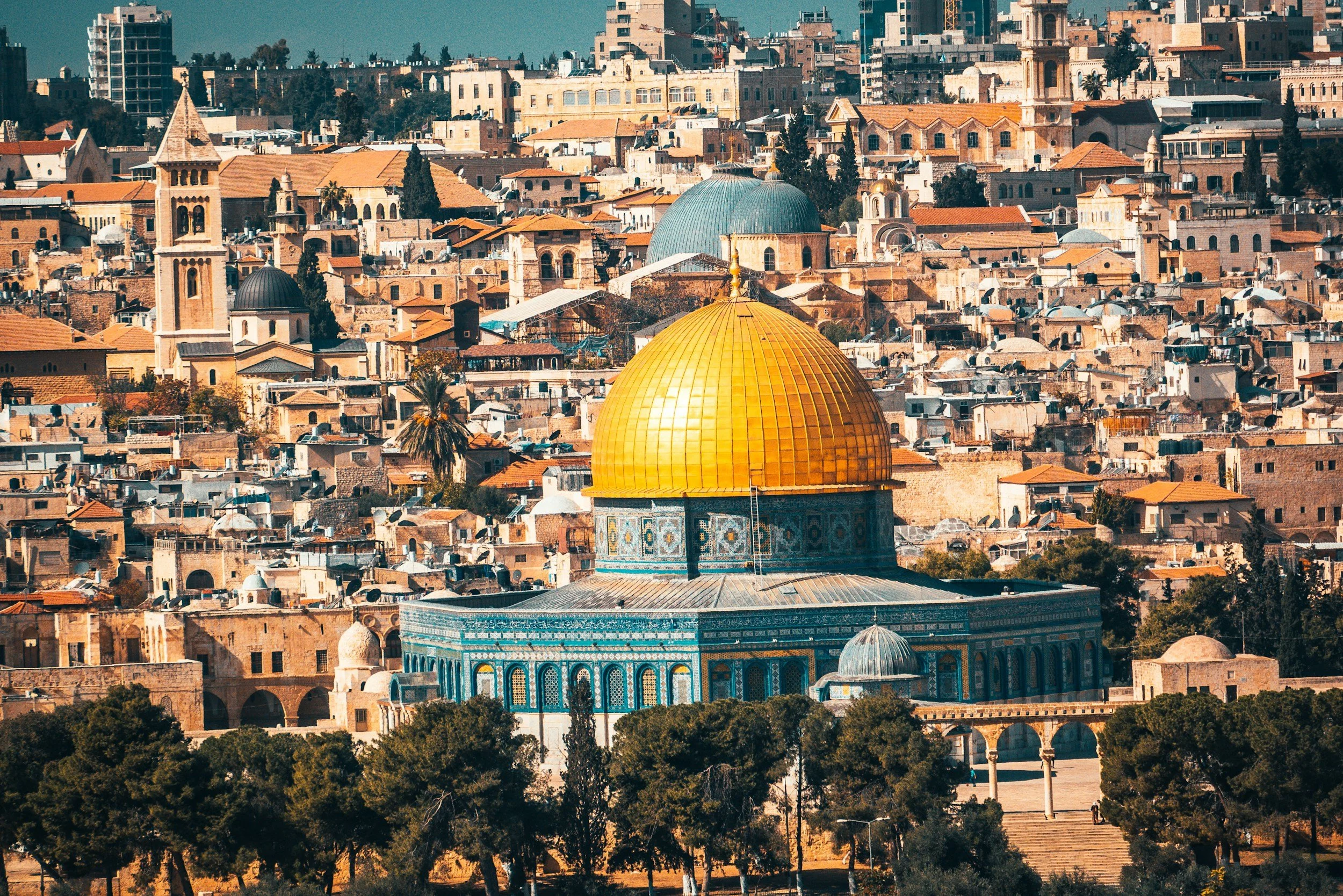In a new interview with Jesuit website America Magazine, Pope Francis has sensationally slammed Chechen and Buryat mercenaries for being the ‘cruellest’ in Russia’s war against Ukraine.
Francis referred to the ‘martyred people’ of Ukraine and spoke of those who were ‘martyring’ them. He said:
‘When I speak about Ukraine, I speak of a people who are martyred. If you have a martyred people, you have someone who martyrs them. When I speak about Ukraine, I speak about the cruelty because I have much information about the cruelty of the troops that come in. Generally, the cruelest are perhaps those who are of Russia but are not of the Russian tradition, such as the Chechens, the Buryati and so on. Certainly, the one who invades is the Russian state. This is very clear. Sometimes I try not to specify so as not to offend and rather condemn in general, although it is well known whom I am condemning. It is not necessary that I put a name and surname’.
Woke Russians have accused the pope of ‘racism’ for criticising the Muslim Chechen and Buddhist Buryat mercenaries.
Russian foreign ministry spokesperson Maria Zakharova said:
“This is no longer Russophobia, it’s a perversion on a level I can’t even name.
“We are one family with Buryats, Chechens and other representatives of our multinational and multi-confessional country’’.
Woke anti war figure Alexandra Garmazhapova said that the comments were “inexcusable and racist.”
“I was extremely disappointed to read these racist, inexcusable statements.
Russia is waging an imperial war started and led by Vladimir Putin, who is by all accounts not a member of an ethnic minority. The pope should condemn him personally, but he decided to sidestep the Russian president.”
Francis also forcefully rejected claims that he had not been trying to negotiate peace between the two countries, or that he had been indifferent to the war:
‘On the second day of the war, I went to the Russian embassy [to the Holy See], an unusual gesture because the pope never goes to an embassy. And there I said to the ambassador to tell [Vladimir] Putin that I was willing to travel on condition that he allowed me a tiny window to negotiate. [Sergey] Lavrov, the foreign minister at a high level, replied with a very nice letter from which I understood that for the time being it was not necessary.
I spoke to President Zelensky three times by phone. And I work in general with receiving lists of prisoners, both civilian prisoners and military prisoners, and I have these sent to the Russian government, and the response has always been very positive’.
I also thought of traveling, but I made the decision: If I travel, I go to Moscow and to Kyiv, to both, not to one place only. And I never gave the impression that I was covering up the aggression. I received here in this hall, three or four times, a delegation from the Ukrainian government. And we work together.
Why do I not name Putin? Because it is not necessary; it is already known. However, sometimes people latch onto a detail. Everyone knows my stance, with Putin or without Putin, without naming him.
Why do I not name Putin? Because it is not necessary; it is already known’.
Pope Francis also condemned the Holodomor, where Stalin’s men starved 5 million Ukrainian Christians to death in the 1930s:
‘And I should like to mention that there is in these days the anniversary of the Holodomor, the genocide that Stalin committed against the Ukrainians [in 1932-33]. I believe it is appropriate to mention it as a historical antecedent of the [present] conflict.
The position of the Holy See is to seek peace and to seek an understanding. The diplomacy of the Holy See is moving in this direction and, of course, is always willing to mediate’.




